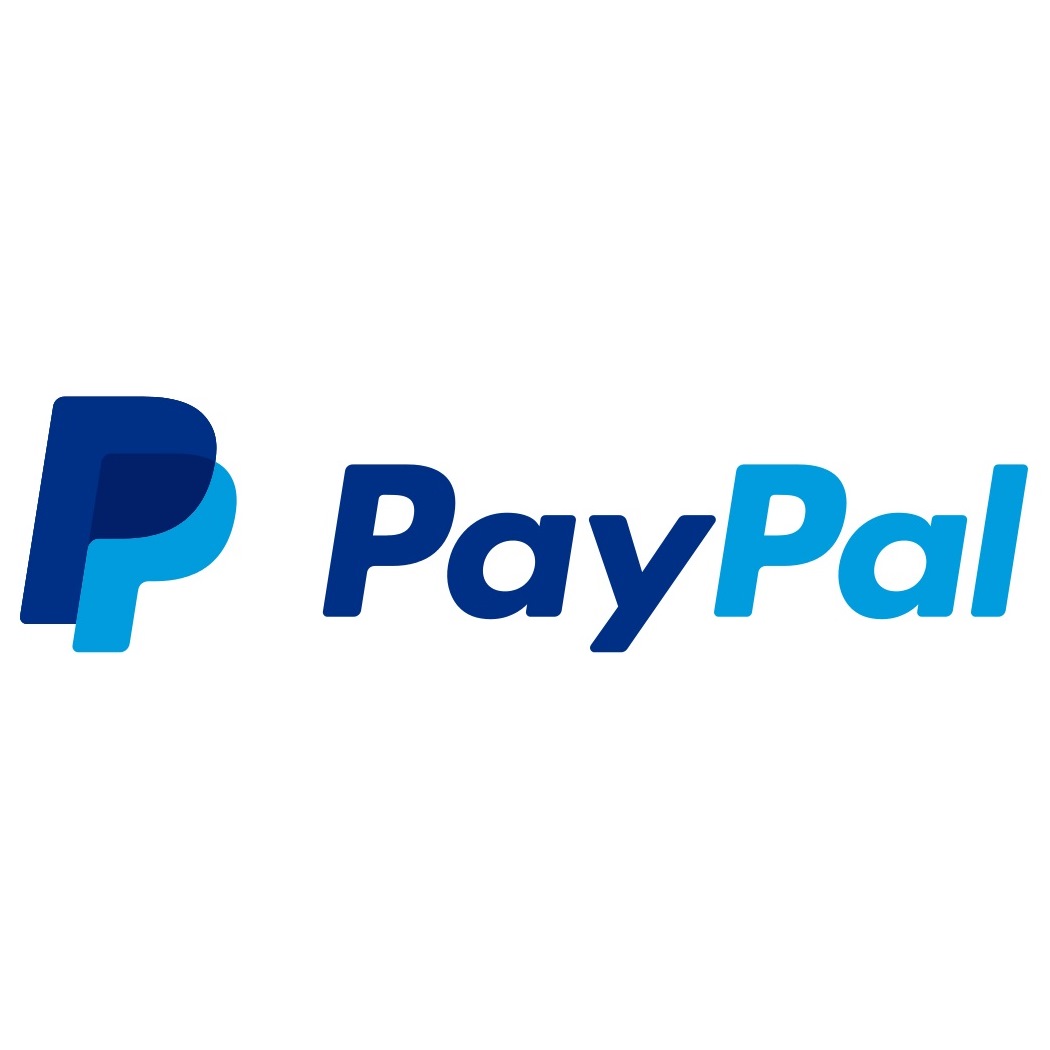Services
As PayPal Loses eBay Business, the Disruptor Gets Disrupted

Published:
Last Updated:

Payment company PayPal Holdings Inc. (NASDAQ: PYPL) was once owned by eBay Inc. (NASDAQ: EBAY). The two operations were joined at the hip, and eBay used PayPal as its nontraditional way to spend money at the online auction site. In July 2015, eBay spun off PayPal into a new public company, but many people expected the core relationship would go on indefinitely.
That ended quickly as eBay announced it would use a new company as its primary payment processor. PayPal’s stock took a huge hit on the news.
eBay management announced:
eBay intends to further improve its customer experience by intermediating payments on its Marketplace platform. In doing so, eBay will manage the payments flow, simplifying the end-to-end experience for buyers and sellers. eBay has signed an agreement with Adyen, a leading global payments processor, to become its primary payments processing partner. PayPal, a long-time eBay partner, will be a payments option at checkout for eBay buyers. The transition to full payments intermediation will be a multi-year journey, and eBay will move as quickly as possible to complete this process within the parameters of the Operating Agreement with PayPal, which remains in place through mid-2020.
The deal almost certainly was driven by financial benefits for eBay. Additionally, eBay said that the deal with Adyen would save money for many sellers on the auction platform and provide more payment options.
PayPal was among the first, and at one point the largest, payment system alternatives to credit cards, checks and money orders. Its money transfer operation was launched in 1999. The radical new payment option helped eBay’s growth. eBay bought PayPal in 2002 as a means of integration of the customer’s experience. However, PayPal’s business grew faster than eBay’s, and the 2015 spin-off was a way for investors to decide between the slow-growing eBay and quicker growing PayPal.
PayPal’s customer base extended well beyond eBay, as did its disruption of traditional online payments. The service became a part of e-commerce payment options at most companies that sell goods and services over the internet.
PayPal’s success spawned competition, which included Adyen, Skrill, Payza, Google Wallet, Amazon Payments, Apple Pay and Samsung Pay. Over a short period, an early disruptor to the e-commerce nontraditional pay system was flanked, and eventually disrupted. Adyen is the latest example that transformative technology almost always draws successful competition.
Are you ahead, or behind on retirement? For families with more than $500,000 saved for retirement, finding a financial advisor who puts your interest first can be the difference, and today it’s easier than ever. SmartAsset’s free tool matches you with up to three fiduciary financial advisors who serve your area in minutes. Each advisor has been carefully vetted and must act in your best interests. Start your search now.
If you’ve saved and built a substantial nest egg for you and your family, don’t delay; get started right here and help your retirement dreams become a retirement reality.
Thank you for reading! Have some feedback for us?
Contact the 24/7 Wall St. editorial team.